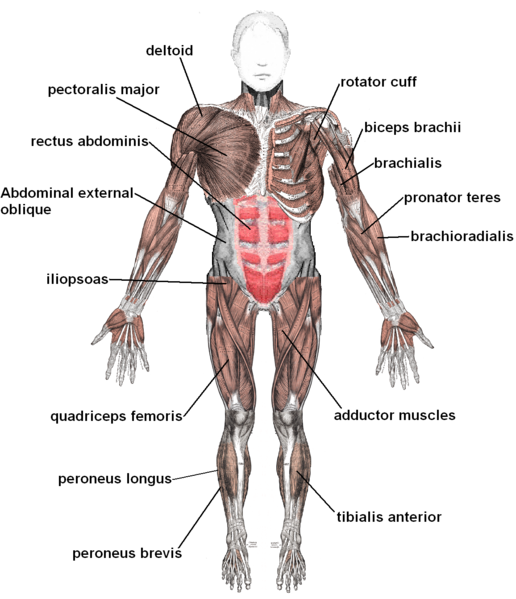Shock happens when your blood pressure is too low and not enough blood and oxygen can get to your organs and tissues. Causes of shock include internal or external bleeding, dehydration, burns, or severe vomiting and/or diarrhea. All of these involve the loss of large amounts of body fluids. Shock often accompanies injury.
Specific types of shock include
- Hypovolemic shock, caused by internal or external bleeding
- Septic shock, caused by infections in the bloodstream
- Anaphylactic shock, caused by a severe allergic reaction
- Cardiogenic shock, caused by the inability of the heart to pump blood effectively
- Neurogenic shock, caused by damage to the nervous system
Symptoms of shock include cold and sweaty skin, weak but rapid pulse, irregular breathing, dry mouth, dilated pupils and reduced urine flow. Shock is life threatening and it is important to get help right away. Treatment of shock depends on the cause.
National Institute of General Medical Sciences
 howMed Know Yourself
howMed Know Yourself


